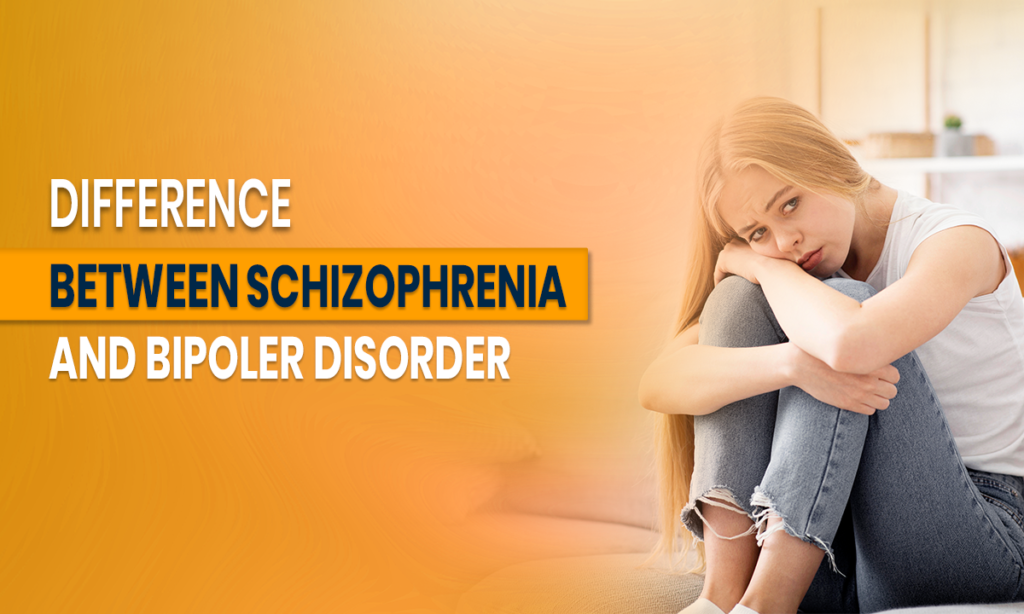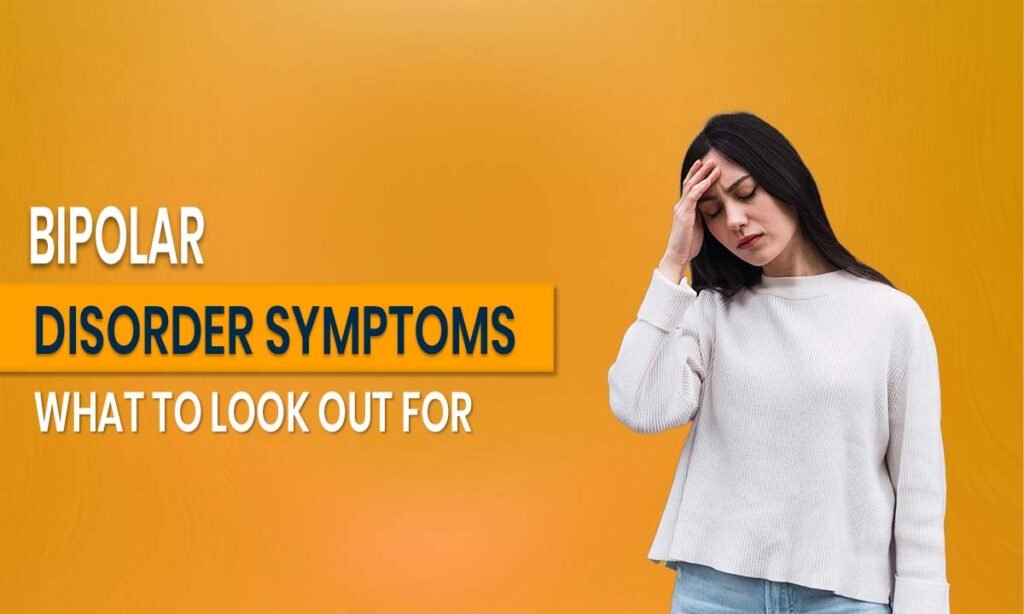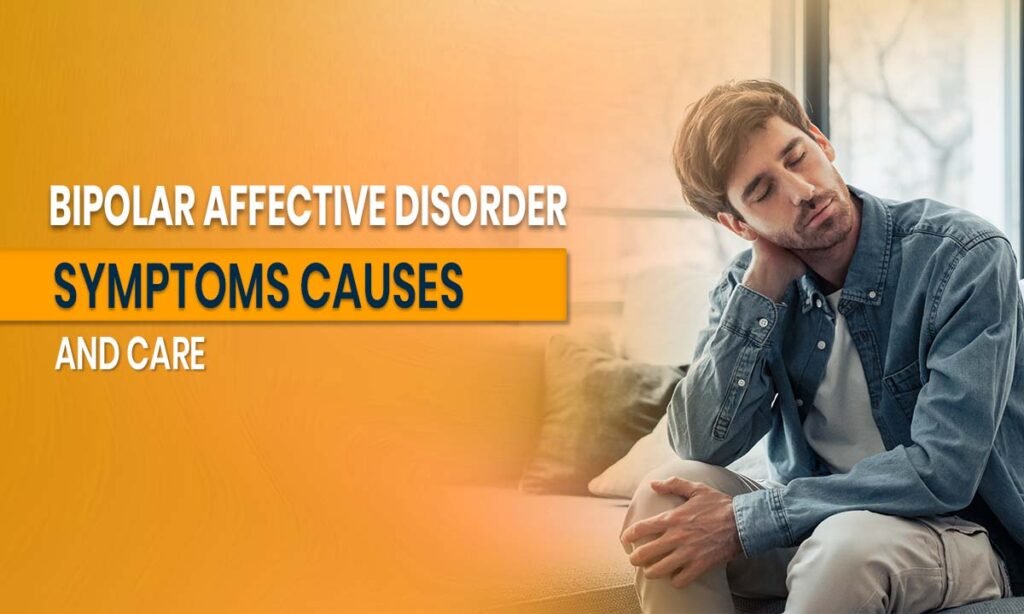
Mental health is a multifaceted issue that calls for both deep understanding and empathy. Two conditions that are frequently misunderstood due to their similar symptoms are schizophrenia and bipolar disorder. While both can present significant challenges in a person’s life, it’s crucial to recognize that they are distinct disorders, each requiring a unique treatment approach. In this article, we will break down the differences between schizophrenia and bipolar disorder, touch on their shared symptoms, and discuss effective treatment options. If you’re looking for support or guidance, this article will provide you with insights on how professional treatment can transform lives.
At Athena Luxus, we offer premium, personalized care for individuals struggling with symptoms of schizophrenia or bipolar disorder. Our specialized treatment plans are designed to guide individuals towards recovery, offering a luxury experience to support mental well-being.
What is schizophrenia, and how does it differ from bipolar disorder?
Schizophrenia and bipolar disorder may share some overlapping symptoms, especially when it comes to mood changes and difficulty thinking clearly. However, they are fundamentally different disorders.
Schizophrenia: A Breakdown in Reality
Schizophrenia symptoms primarily affect a person’s perception of reality. Individuals with schizophrenia may experience hallucinations (hearing voices, seeing things that aren’t there) or delusions (false beliefs). These symptoms can lead to disorganized thinking and difficulty performing everyday tasks. The disorder often begins in early adulthood, though it can occur at any age.
Bipolar Disorder: Extreme Mood Swings
On the other hand, bipolar disorder symptoms involve extreme mood swings, including manic episodes (elevated mood, increased energy, and impulsive behavior) and depressive episodes (feeling hopeless, low energy, and disinterest in activities). While people with bipolar disorder may experience some psychotic symptoms during extreme mood states, these are generally associated with mood fluctuations rather than the persistent reality distortion seen in schizophrenia.
Bipolar and Schizophrenia Symptoms: Key Differences to Know
Both disorders can involve psychotic features, but there are distinct symptoms for each.
Schizophrenia Symptoms
- Hallucinations: Hearing voices, seeing things that aren’t there.
- Delusions: Believing in false ideas or having irrational thoughts.
- Disorganized Behavior: Difficulty performing daily activities, erratic behavior.
- Negative Symptoms: A decrease in ability to function in social, work, or personal life.
Bipolar Disorder Symptoms
- Manic Episodes: Increased energy, impulsive decisions, irritability, and elevated mood.
- Depressive Episodes: Extreme sadness, lack of energy, hopelessness, loss of interest in activities.
- Mixed States: A combination of both manic and depressive symptoms occurring at the same time.
Schizophrenia Causes and Risk Factors
The exact causes of schizophrenia are not fully understood, but it is believed to involve a combination of genetic, biological, and environmental factors. Schizophrenia causes include:
- Genetics: Having a family member with schizophrenia increases the risk.
- Brain Structure: Differences in brain chemistry and structure can contribute to the disorder.
- Environmental Factors: Stress or substance abuse during adolescence can trigger schizophrenia in vulnerable individuals.
Understanding the causes behind schizophrenia is crucial in treating the condition. At Athena Luxus, we specialize in creating personalized treatment plans that target these underlying factors, promoting a better understanding of the condition for our patients.
Bipolar Disorder Treatment: The Key to Stability
Bipolar disorder treatment is focused on stabilizing the mood and helping individuals lead balanced lives. The mainstay of treatment includes bipolar disorder medication, which typically involves
- Mood Stabilizers: To help control manic and depressive episodes.
- Antidepressants: Often used to address the depressive symptoms in bipolar disorder.
- Antipsychotics: In cases where psychotic symptoms arise during extreme episodes.
While medications are essential in managing bipolar disorder, therapy also plays a crucial role in helping individuals manage their emotions, work on coping strategies, and maintain social relationships. At Athena Luxus, we provide a comprehensive treatment plan that includes both medication and psychotherapy for a holistic approach to recovery.
Schizophrenia Treatment: Restoring Balance
Schizophrenia treatment involves managing symptoms to improve the quality of life for those affected. The most common approach includes schizophrenia medication such as
- Antipsychotics: These are the primary medications for managing hallucinations, delusions, and thought disturbances.
- Psychosocial Support: Therapy, family support, and rehabilitation are vital for helping individuals manage daily challenges.
At Athena Luxus, we focus on providing luxury treatment in a safe, nurturing environment. Our expert team helps individuals with schizophrenia develop effective coping strategies, improve their relationships, and regain independence.
Bipolar and Schizophrenia Medication: A Personalized Approach
The right medication is essential for managing both schizophrenia and bipolar disorder. However, the medications used to treat each condition differ significantly.
- Schizophrenia Medication: Primarily antipsychotics, which target symptoms like hallucinations and delusions.
- Bipolar Disorder Medication: Mood stabilizers and antidepressants to control mood swings and depressive symptoms.
At Athena Luxus, our approach to medication is premium, personalized to each individual’s needs. We work closely with each patient to determine the most effective medication regimen and regularly adjust treatment to ensure the best outcomes.
What Should You Do If You or a Loved One Has Schizophrenia or Bipolar Disorder?
If you or a loved one is showing symptoms of schizophrenia or bipolar disorder, it’s important to seek professional help as soon as possible. Delaying treatment can lead to worsening symptoms and more difficulty in managing the condition.
At Athena Luxus, we offer a range of exclusive mental health services to support individuals facing these disorders. Our luxury treatment options are designed to provide comprehensive care, addressing both the medical and emotional aspects of recovery.
Patient Experiences
1. Anjali Desai,Mumbai
I had struggled with bipolar disorder for years before seeking help. Athena Luxus provided me with a tailored treatment plan and gave me the support I needed to regain stability in my life.
2. Ramesh Kumar, Delhi
Living with schizophrenia was isolating, but Athena Luxus helped me manage my symptoms with antipsychotics and therapy. I’m finally able to lead a fulfilling life.
3. Neelam Reddy, Hyderabad
The luxury treatment at Athena Luxus made a huge difference in my life. Their approach to managing bipolar disorder was exactly what I needed to feel better and more in control.
4. Vivek Joshi, Bangalore
I never thought I’d find peace living with schizophrenia, but the team at Athena Luxus helped me regain hope through their comprehensive treatment plan and bipolar and schizophrenia medication.
Conclusion: Athena Luxus Can Help You Get on the Right Track
If you or someone you care about is struggling with bipolar disorder or schizophrenia, it’s important to seek help as soon as possible. Early intervention can make a significant difference in your recovery journey. At Athena Luxus, we specialize in providing premium, luxury care tailored to individuals facing mental health challenges. Our exclusive treatment plans are designed to support long-term recovery and help you or your loved one regain control of your well-being. Reach out today and take the first step towards a healthier future.
If you or someone you know is going through these difficulties, we offer individualized plans to help tackle and overcome them. Our expert programs focus on:
Drug Addiction Treatment
Heroin Addiction Treatment
MDMA Addiction Treatment
Meth Addiction Treatment
Frequently Asked Questions (FAQs)
Can People with Bipolar Live Alone?
Yes, people with bipolar disorder can live independently with the right treatment and support. It’s important to have a structured routine and access to mental health services.
How to Help Someone with Bipolar and Schizophrenia?
Offer emotional support, encourage treatment, and help them stick to their medication schedule. Encourage them to seek professional help when needed.
Is Schizophrenia Curable?
Schizophrenia is not curable, but it is treatable. With the right medication and therapy, individuals can manage their symptoms effectively.
What is the Difference Between Mania, Schizophrenia, and Bipolar Disorder?
Mania is a symptom of bipolar disorder characterized by high energy and impulsive behavior, while schizophrenia involves reality distortion, such as hallucinations and delusions.
Which is More Difficult to Deal With: Schizophrenia or Bipolar Disorder?
Both disorders present unique challenges. Schizophrenia often involves chronic symptoms, while bipolar disorder involves extreme mood swings that can significantly affect daily life.
What Are the Symptoms of Schizophrenia and Bipolar Disorder?
Schizophrenia includes hallucinations, delusions, and disorganized thinking, while bipolar disorder involves manic and depressive episodes.

